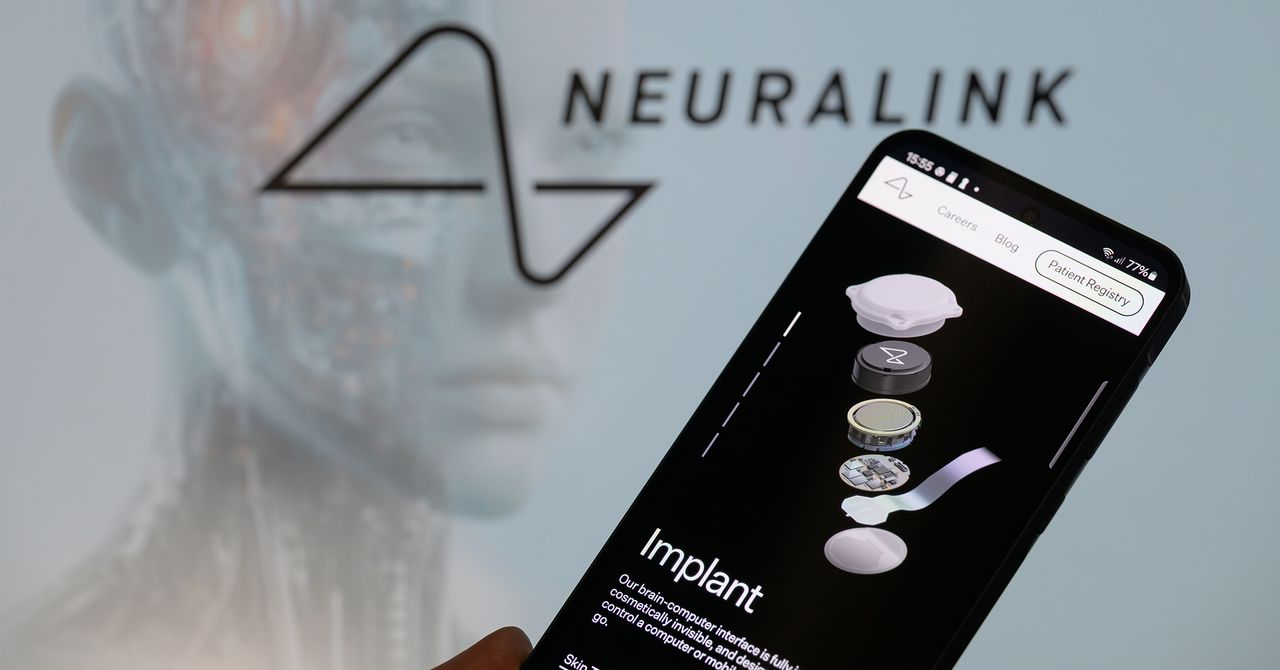Michael Calore: I'm doing fantastic. I went and got all my steps this weekend.
Lauren Goode: Oh, how many?
Michael Calore: I don't know. 6,001.
Lauren Goode: I don't get it. That's not that many.
Michael Calore: It isn't? I don't know.
Lauren Goode: No, I hate to break it to you. I'm not judging.
Michael Calore: I don't wear any tracking stuff anymore. You wear two, right? You wear an Apple Watch and a Ring.
Lauren Goode: I wear a Garmin watch and a Ring.
Michael Calore: A Garmin watch and a Ring, and now you've got your camera glasses. Do those also track your …
Lauren Goode: Oh, these are the Meta glasses that I figure I should give them a spin finally. I've had them for over a year. No, under a year. Just under a year. They look terrible on me.
Michael Calore: They look good on you.
Lauren Goode: No, I just put them on and I'm taking them off again. They look terrible.
Michael Calore: I can call you six eyes now.
Lauren Goode: That's right.
Michael Calore: Because they have two cameras.
Lauren Goode: You know what? Maybe we should get to the podcast.
Michael Calore: Maybe we should. We have Kate Knibbs on the show today, the one and only Kate Knibbs …
Lauren Goode: Knibbs.
Michael Calore: ... WIRED senior writer to talk about some of her latest reporting on AI and gambling. Kate, how are you doing?
Kate Knibbs: I'm good. Thank you so much for having me. I feel like you guys are missing the big thing that's happening soon, which is it's football season, baby. We are entering the time of year where sports matter. OK. Q4, NFL, we love it.
Lauren Goode: That's right.
Kate Knibbs: I actually don't really love it, but I'm happy for everyone who does, and I am playing fantasy football kind of against my will this year. But yeah, it's sports season, and I'm here to talk about a sports story.
Michael Calore: Fantastic. As a baseball person, this is my sad season.
Kate Knibbs: I forgot about baseball.
Michael Calore: Because the teams I support never get any further than the end of September.
Kate Knibbs: That's okay. I'm a White Sox fan, so I relate.
Lauren Goode: Oh, Kate. I had an uncle who pitched for the White Sox.
Kate Knibbs: OK. We have to talk about that later.
Lauren Goode: A long time ago. A long time ago.
Michael Calore: Let's get to the show.
Lauren Goode: Yeah. Let's do it.
Michael Calore: This is WIRED's Uncanny Valley, a show about the people, power, and influence of Silicon Valley. Today we're talking about the use of AI in gambling. Since a federal ban on sports betting in the United States was struck down seven years ago, the popularity of online gambling has skyrocketed. Last year, Americans spent over $150 billion betting on sports, with a big chunk of those wagers being made online. And of course, as artificial intelligence rolls through every industry, online gambling is being affected too. The current AI gold rush has incentivized some startups to create AI agents that are promising to help users make better bets, whether that's giving tips and advice, or actually directly executing the bets themselves. These AI agents are the new frontier in gambling. There's a lot of money and a lot of expectations riding on their success. I'm Michael Calore, director of consumer tech and culture.










